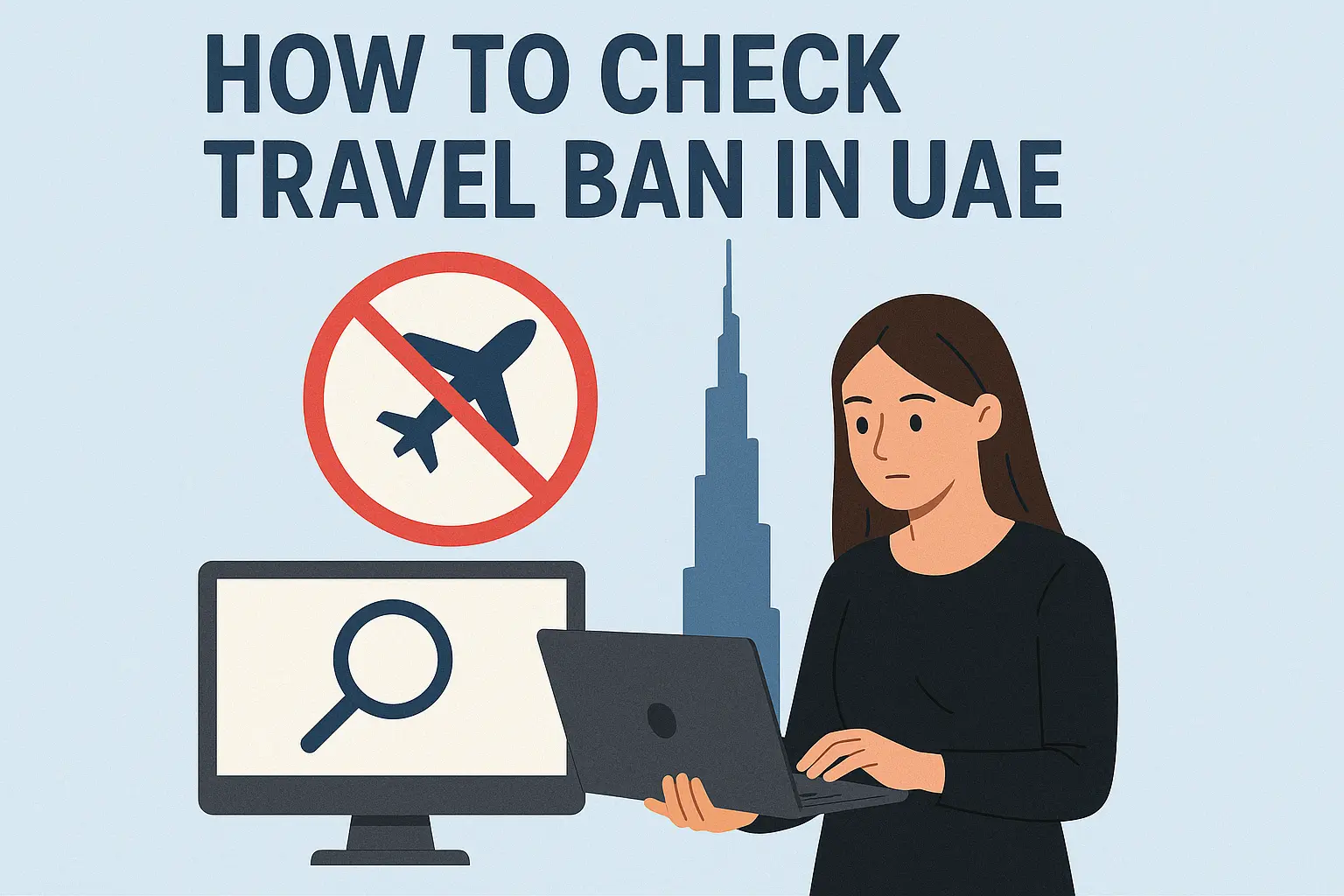They say “travel broadens the mind” and with that in mind, small wonder then that it’s one most people’s favourite pastimes. The prospect of exploring foreign lands and learning about new cultures is exciting, and with Dubai as the Middle East’s travel “hub” it’s an ideal location from which to travel as it serves hundreds of destinations.
For some, the best way to see as many countries as possible in one trip is by applying for a Schengen visa. You may have heard of this but could be unsure as to what exactly this means, what it covers and what it entitles you too. This blog will answer some FAQs about Schengen visas and travel insurance so if it’s something you’ve been considering, read on!
What is Schengen?
Schengen is the name of the EU passport-free zone that covers most countries in Continental Europe. It’s the largest zone of free travel in the world and was formed by the Schengen Agreement, hence its name.
How does a Schengen visa work?
A Schengen visa is the most common short-stay visa for Europe and allows the holder to travel to any member of the Schengen Area and cross borders unhindered, with a permitted stay of up to 90 days for tourism or business purposes. It’s important to note that if your plans are to study, work, or live in any of the Schengen countries for a period in excess of 90 days, then you must apply for a national visa in the relevant category (study/work/residence etc) of your chosen country.
Do I need a Schengen visa?
Nationals of countries who are not part of the visa-liberalization agreement with the Schengen member states must get a visa before arriving in Europe. To check if this applies to you, check the list of countries whose citizens of which must apply for a Schengen Visa prior to their travel to the EU. Note that each member country of the Schengen zone can issue Schengen visas.
Which countries are in the Schengen Agreement?
- Austria
- Belgium
- Czech Republic
- Denmark
- Estonia
- Finland
- France
- Germany
- Greece
- Hungary
- Iceland
- Italy
- Latvia
- Lithuania
- Luxembourg
- Malta
- Netherlands
- Norway
- Poland
- Portugal
- Slovakia
- Slovenia
- Spain
- Sweden
- Switzerland
- Liechtenstein
In addition, there are a further 19 countries that whilst not part of the Schengen Zone, permit citizens of other non-Schengen countries to enter and stay in their territories only by showing a valid multiple-entry Schengen Visa. You don’t need a national visa issued from these countries to temporarily enter, transit, or stay in their territory. Click here to find out which 19 countries apply.
Schengen Visa Types for Short-Term Visits in Europe
You’ll need a Schengen Visa if you plan on visiting one or more European countries in this zone for any of the following reasons:
- Business
- Visiting friends and family
- Tourism
- Cultural and sporting events
- Air/sea transit
- Official visit
- Medical reasons (medical tourism)
- Short-term study and research purposes
Depending on the purpose and frequency of your visits, the Schengen consulate will issue you with a single, double or multiple-entry visa. Note that the validity of any single-entry visa is dependent on the number of days you declared you’ll be staying in the Schengen zone on your visa application form and the actual decision of the consulate issuing the visa.
How Long Does the Schengen Visa Allow Me to Stay in Europe?
In the visit visa category, the most common type of visa issued to travellers carries a maximum duration of 90 days in every six-month period starting from the date of entry.
If you’re a frequent traveller, you may want to apply for an EU visa with validity for up to 5 years: however, remember you cannot stay within the Schengen Area for more than 90 days in a 180-day period of time.
Travel Insurance for Trips to The Schengen Zone
If you’re planning to visit any single or multiple countries in the Schengen zone, then Schengen visa travel insurance is compulsory. Schengen visas mandate certain types and corresponding minimum levels of cover as a term and condition of visa issuance, so it’s important you obtain a compliant policy as part of your overall application process and trip planning. You can get your Schengen visa travel insurance certificate immediately after purchase if you use an online option.
Buying Schengen Travel Insurance in the UAE
It’s easy to buy travel insurance in the UAE that complies with the requirements for the Schengen zone. Most major insurers even offer tailor-made policies that are Schengen compliant so you don’t have to worry about knowing what type of cover you need to have and at what limits. And with most insurers offering online purchase, you’re able to search and select a Schengen travel insurance policy with minimal effort, and with a few clicks, purchase, pay for and receive your policy in a few minutes.
What Are The Main Considerations When Buying A Schengen Visa Travel Insurance policy in Dubai?
There are a few things to look out for when buying a Schengen Travel Insurance in Dubai, namely:
- Ensure you are buying a Schengen-suitable product. Insurers will clearly state this in their product information and advertisements. Not all European countries are in the Schengen zone so buying a travel policy that covers Europe won’t necessarily meet Schengen-specific requirements, so check carefully.
- Note that travel insurance limits for Schengen-related policies are stated in Euros, unlike other Outbound Travel Insurance policies that are generally stated in US dollars.
- Buy online to get your policy certificate in minutes: important for that visa application!







